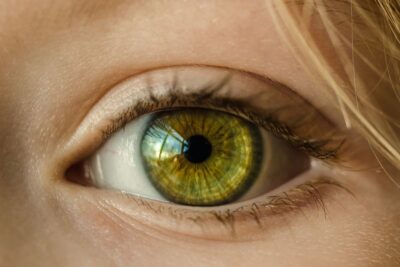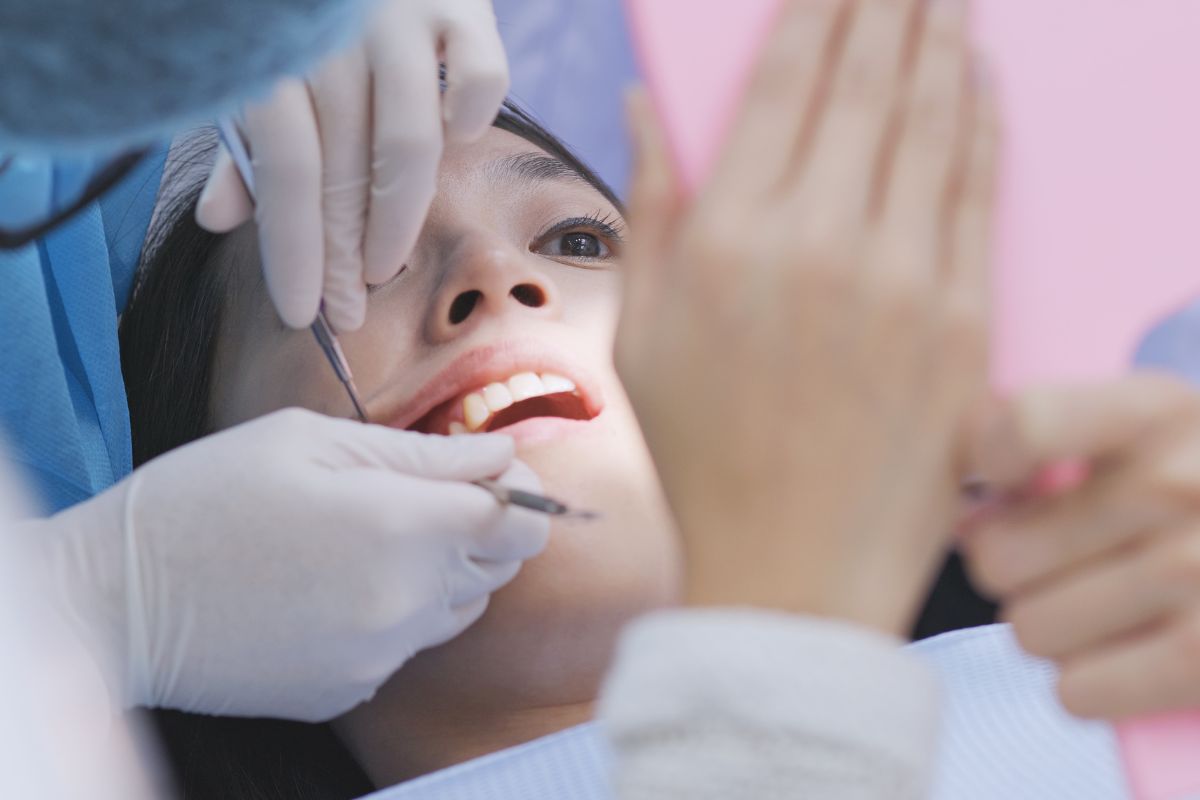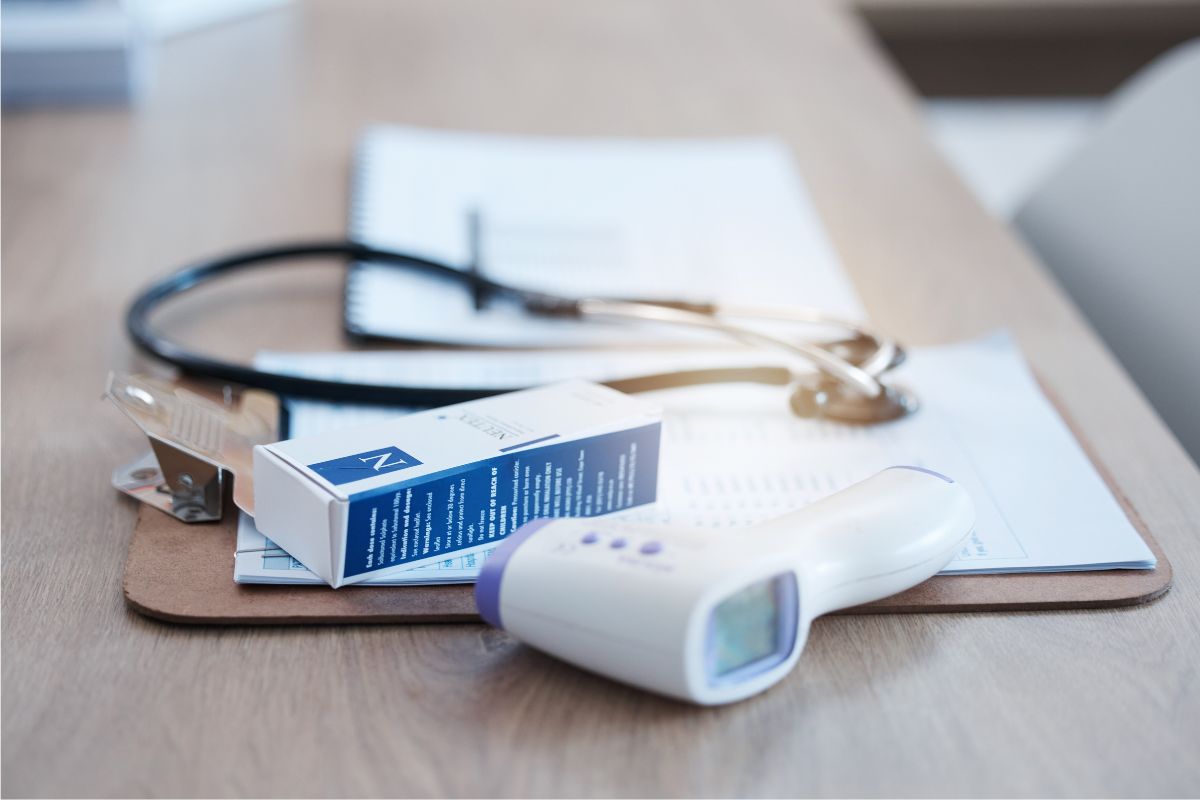Introduction
Welcome to our comprehensive guide on cat eye surgery in Antalya, Turkey. In this article, we will explore the various aspects of cat eye surgery, including the top clinics in Antalya and the factors that influence the cost of the procedure. If you are considering cat eye surgery for your feline companion, this guide will provide you with the essential information you need to make an informed decision.
Understanding Cat Eye Surgery
Cat eye surgery, also known as feline ocular surgery, is a specialized procedure performed on cats to correct various eye conditions and improve their overall eye health. It is typically conducted by skilled veterinary ophthalmologists who have expertise in treating eye problems in animals. Cat eye surgery may involve different techniques such as corneal surgery, cataract removal, eyelid surgery, or treatment for glaucoma.
Importance of Cat Eye Surgery
Cat eye surgery plays a crucial role in preserving and enhancing the vision of cats. Just like humans, cats can experience a range of eye problems that can significantly affect their quality of life. Conditions such as cataracts, corneal ulcers, and entropion can cause discomfort, pain, and even lead to vision loss if left untreated. Cat eye surgery aims to alleviate these issues and improve the cat’s eye health, allowing them to live a more comfortable and fulfilling life.
Top Clinics in Antalya, Turkey
When it comes to cat eye surgery, Antalya, Turkey, is known for its exceptional veterinary clinics and skilled ophthalmologists. Here are some of the top clinics in Antalya that specialize in cat eye surgery:
Factors Affecting the Cost of Cat Eye Surgery
The cost of cat eye surgery can vary depending on several factors. Here are some of the key factors that can influence the overall cost:
Type of Surgery: The specific procedure required for your cat’s eye condition will impact the cost. Complex surgeries, such as cataract removal, may be more expensive than simpler procedures.
Clinic Reputation: Established and renowned clinics with experienced veterinary ophthalmologists may charge higher fees due to their expertise and reputation.
Diagnostic Tests: Before the surgery, diagnostic tests such as eye examinations, blood work, or imaging may be necessary to assess the cat’s condition. These additional tests can contribute to the overall cost.
Medications and Follow-up Care: The cost of post-operative medications, follow-up appointments, and aftercare can also be a part of the total expenses.
It is essential to consult with the chosen clinic and discuss all the associated costs beforehand to ensure transparency and avoid any surprises.
Advantages and Risks
Cat eye surgery offers numerous advantages in improving the eye health of feline patients. Some of the benefits include:
Restoration of vision and improved quality of life
Alleviation of pain and discomfort caused by eye conditions
Prevention of further damage or deterioration
Enhancement of the overall well-being of the cat
However, as with any surgical procedure, cat eye surgery also carries certain risks. Potential risks and complications may include infection, bleeding, adverse reactions to anesthesia, or limited improvement in vision. It is crucial to discuss these risks with the veterinary ophthalmologist to make an informed decision about the surgery.
Preparing for Cat Eye Surgery
To ensure the best possible outcome for cat eye surgery, proper preparation is essential. Here are some steps to consider before the surgery:
Consultation: Schedule a consultation with the veterinary ophthalmologist to evaluate your cat’s eye condition and determine the most suitable surgical approach.
Pre-operative Instructions: Follow any pre-operative instructions provided by the veterinarian, such as fasting requirements or medication adjustments.
Medical History: Provide the veterinarian with a comprehensive medical history of your cat, including any previous eye conditions, allergies, or underlying health issues.
Aftercare Arrangements: Make necessary arrangements for the post-operative care, including a quiet and comfortable recovery space for your cat.
By adequately preparing for the surgery, you can help ensure a smooth procedure and a successful recovery for your feline companion.
The Cat Eye Surgery Procedure
The cat eye surgery procedure typically involves the following steps:
Anesthesia: The cat will be placed under anesthesia to ensure a painless and comfortable experience throughout the surgery.
Sterilization and Prepping: The surgical site will be thoroughly cleaned and sterilized to minimize the risk of infection.
Surgical Technique: Depending on the specific condition, the veterinary ophthalmologist will perform the necessary surgical technique, such as removing a cataract or correcting an eyelid abnormality.
Monitoring and Post-operative Care: After the surgery, the cat will be closely monitored to ensure a smooth recovery. The veterinary team will provide post-operative care instructions and prescribe any necessary medications.
It’s important to follow all the post-operative care guidelines provided by the veterinary professionals to support your cat’s healing process.
Recovery and Aftercare
The recovery period following cat eye surgery is crucial for the cat’s overall well-being and successful outcome. Here are some general guidelines for post-operative care:
Medication Administration: Administer any prescribed medications, including eye drops or oral medications, as instructed by the veterinary ophthalmologist.
Wound Care: Keep the surgical site clean and monitor for any signs of infection, such as redness, swelling, or discharge.
Rest and Restriction: Provide a quiet and comfortable space for your cat to rest and recover. Limit their physical activity as advised by the veterinarian.
Follow-up Appointments: Attend all scheduled follow-up appointments to monitor the healing progress and address any concerns.
By following these aftercare guidelines and providing a supportive environment for your cat’s recovery, you can help facilitate a smooth and successful healing process.
How long does it take for a cat to recover from eye surgery?
The recovery time can vary depending on the specific surgery and the individual cat. It typically ranges from a few days to a few weeks. The veterinary ophthalmologist will provide you with a more accurate estimate based on your cat’s condition.
Are there any alternative treatments to cat eye surgery?
In some cases, alternative treatments or management strategies may be available. However, it depends on the specific eye condition and its severity. Consult with the veterinary ophthalmologist to explore all possible options for your cat.
Will my cat need a follow-up surgery?
In certain cases, follow-up surgeries or additional treatments may be necessary to achieve the desired outcome. The veterinary ophthalmologist will assess your cat’s progress during the post-operative follow-up appointments and recommend further actions if needed.
Can cat eye surgery completely restore vision?
Cat eye surgery aims to improve vision, but the extent of vision restoration depends on various factors, including the underlying condition and its severity. It’s important to have realistic expectations and discuss the potential outcomes with the veterinary ophthalmologist.
How can I prevent eye problems in my cat?
Regular veterinary check-ups, maintaining proper hygiene, and monitoring your cat’s eye health can help prevent or detect eye problems at an early stage. Additionally, providing a balanced diet and avoiding exposure to potential eye irritants can contribute to overall eye health.
Conclusion
Cat eye surgery in Antalya, Turkey, provides a valuable solution for cats suffering from various eye conditions. By choosing a reputable clinic and working closely with skilled veterinary ophthalmologists, you can enhance your cat’s vision and improve their overall quality of life. Remember to thoroughly research and consult with the professionals to ensure the best possible care for your feline companion.
Frequently Asked Questions
How much does cat eye surgery cost in Antalya, Turkey?
The cost of cat eye surgery in Antalya, Turkey, can vary depending on several factors, including the type of surgery and the chosen clinic. It is recommended to consult with the veterinary clinics directly to get accurate cost estimates.
Is cat eye surgery safe?
Cat eye surgery is generally considered safe when performed by experienced veterinary ophthalmologists. However, like any surgical procedure, there are potential risks and complications. It is crucial to discuss these with the professionals and weigh the benefits against the risks before proceeding with the surgery.
Can older cats undergo eye surgery?
Yes, older cats can undergo eye surgery, but the decision depends on their overall health and the specific eye condition. The veterinary ophthalmologist will assess the cat’s suitability for surgery based on their individual circumstances.
How long does the cat eye surgery procedure usually take?
The duration of the cat eye surgery procedure depends on the specific surgery and the complexity of the case. It can range from 30 minutes to a few hours. The veterinary ophthalmologist will provide you with a more accurate estimate based on your cat’s condition.
Can I travel with my cat to Antalya for eye surgery?
Traveling with your cat for eye surgery can be possible, but it requires careful planning and preparation. Consult with the veterinary clinics in Antalya to understand their requirements and ensure a smooth travel experience for your cat.












